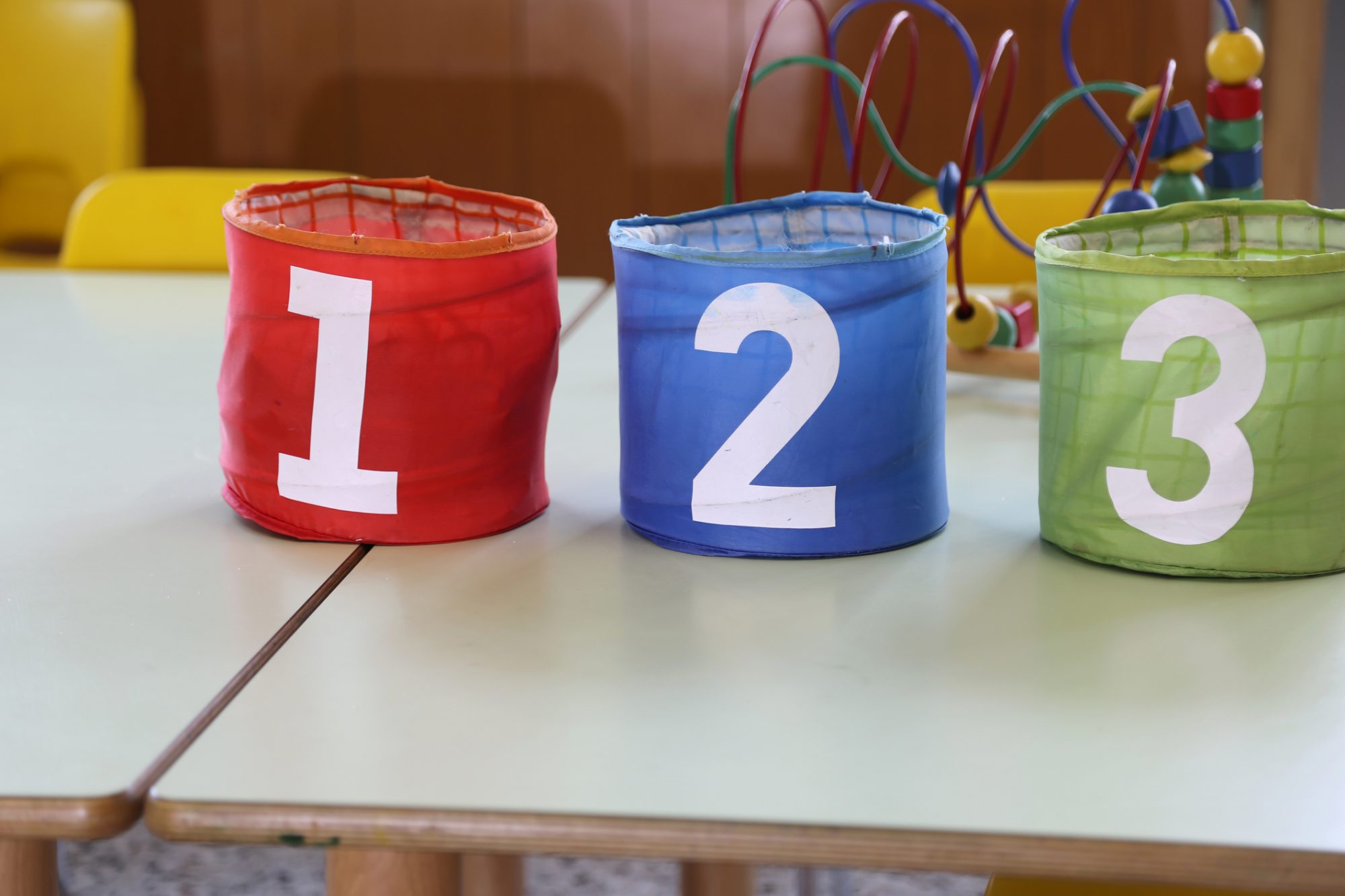You are your child's first and most important teacher. All the daily lessons and reminders you provide as a parent help to guide your little one through our busy—and at times overwhelming—world. But when they enter kindergarten, they'll also begin to learn from others, including their teacher, school support staff, and other children.
Many of these lessons will focus on essential social skills like sharing and playing cooperatively, but your kindergartner will also begin to develop basic reading, writing, and math skills that will serve as building blocks for years of learning to come. It's an exciting time in your child's life and with a little extra input from home they'll be developing amazing skills right before your eyes!
You can help these skills grow and develop by getting to know the types of things they'll be learning in the classroom, then extending the fun outside of school. When it comes to math, we've broken down each important math lesson your child will start to experiment with in kindergarten, plus ways you can help them practice and perfect their emerging math skills.

Counting
Children entering kindergarten will learn how to count to 30 and manipulate numbers by counting on and back, skip counting (where they count in 2s, 5s or 10s), and by reciting number songs.
How you can help at home:
Adding and Subtracting
Your kindergarten age child will learn how to add and subtract up to ten in school. They'll also begin to learn number bonds to ten, that's the two numbers that make ten, like 7 3 and 2 8.
How you can help at home:
Recognizing Shapes
Kindergarten age children learn the basic shape names and their properties. They'll be expected to identify and describe a circle, triangle, square, and rectangle.
How you can help at home:
Understanding Time and Seasons
Children in kindergarten don't usually learn how to tell the time on a clock, but they do begin to explore the concepts of time in their own personal day as well as the seasons of the year. Most kindergarten classrooms have a circle time at the start of the day with a song where children look at the calendar and recite the day and month, as well as any special events coming up.
How you can help at home:
Measuring
Kindergarten children learn to measure with non-standard units. That means they won't be accurately measuring to the nearest inch, but they will be able to physically measure how many blocks tall a friend is or how many hands wide a door is.













